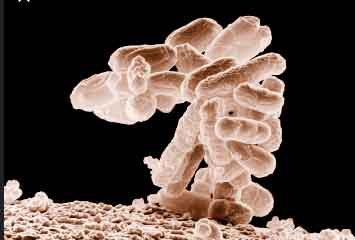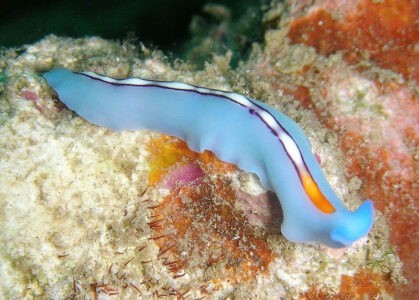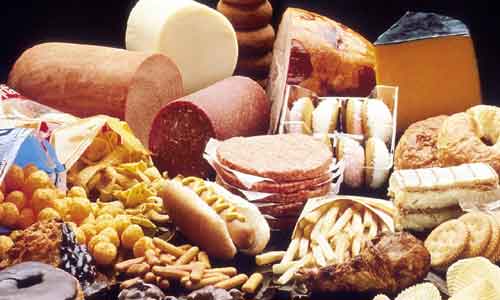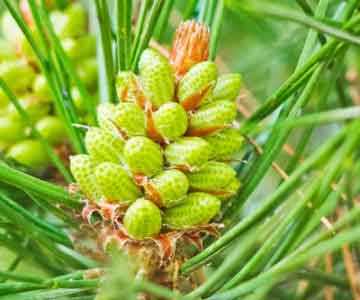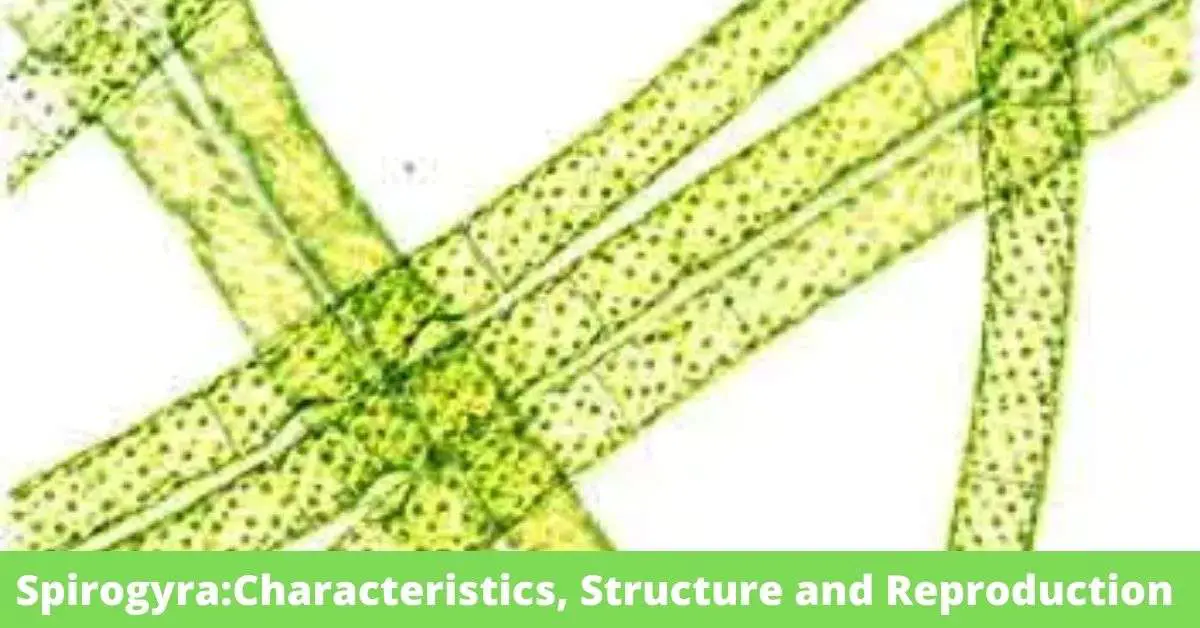Endotoxins Vs Exotoxins
Micro-organisms such as bacteria, fungi produce toxic substances that boost up the infection and diseases through damaging the host tissues and by troubling the immune system. The most potent and known natural bacterial toxin is Botulinum neurotoxin which has essential uses in research and medical science. At present, toxins are used as tools in cellular … Read more

